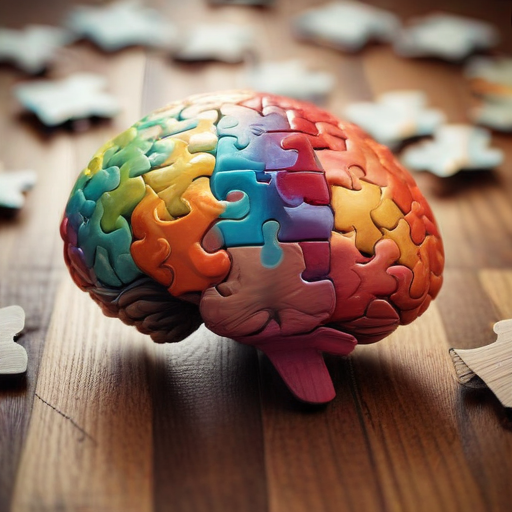Nick Cannon recently opened up about his mental health in a candid interview, sharing insights into his personal struggles and the steps he’s taken toward healing. The 44-year-old host of “Masked Singer” disclosed that he was diagnosed with narcissistic personality disorder. He expressed a desire to understand his mental health better and mentioned undergoing various tests to gain clarity on his condition.
Cannon revealed that he has also been diagnosed with ADHD and dyslexia, recognizing himself as a neurodivergent individual. “I feel like there’s so many labels out there, but… to be able to embrace it and say, ‘Look, I’m healing. I need help. Show me,’” he stated. He emphasized the importance of mental health and therapy, viewing his journey as an opportunity to serve as a role model for others facing similar challenges.
Earlier this month, during an episode of his “Counsel Culture Show,” Cannon discussed his diagnosis with psychologist Dr. Cheyenne Bryant. He described narcissism as existing on a spectrum, ranging from confidence to arrogance, and noted that while he identifies with many associated traits, he does not resonate with those linked to a lack of empathy or rage. Cannon has taken control of the narrative around narcissism by educating himself about the condition.
Sharing his upbringing in a Christian household, Cannon spoke about overcoming challenges through faith. He also reflected on his unique perspective on fatherhood, claiming to have received messages suggesting he would be a “father of many.” Currently, Cannon is a father to 12 children with six different women, underscoring his belief in a legacy of influence and growth.
Cannon’s openness about his mental health journey is a testament to the importance of seeking help and understanding oneself. By advocating for mental health awareness, he hopes to inspire others to embrace their paths to healing.
In light of Cannon’s journey, it is hopeful to see public figures beginning to openly discuss their mental health struggles, which can encourage others to seek support and address their own challenges. Mental health awareness can lead to greater understanding and compassion within communities, ultimately fostering a more inclusive environment for all.
